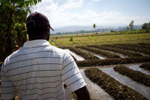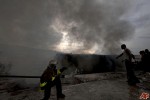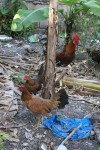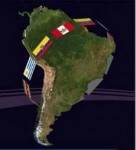Economic Crimes of Dictatorships: Argentina
By Marcela Valente, IPS | Commentary by Dady Chery, Haiti Chery. More than 600 businesspeople lost their properties to the Argentina dictatorship of 1976 to 1983. “they took everything we had, our seven companies and the company plane. And it’s a miracle they didn’t kill us,” says Alejandro Iaccarino, a prosperous dairy industry businessman during the 1970s who is suing for millions of dollars in reparations.
Continue reading →











